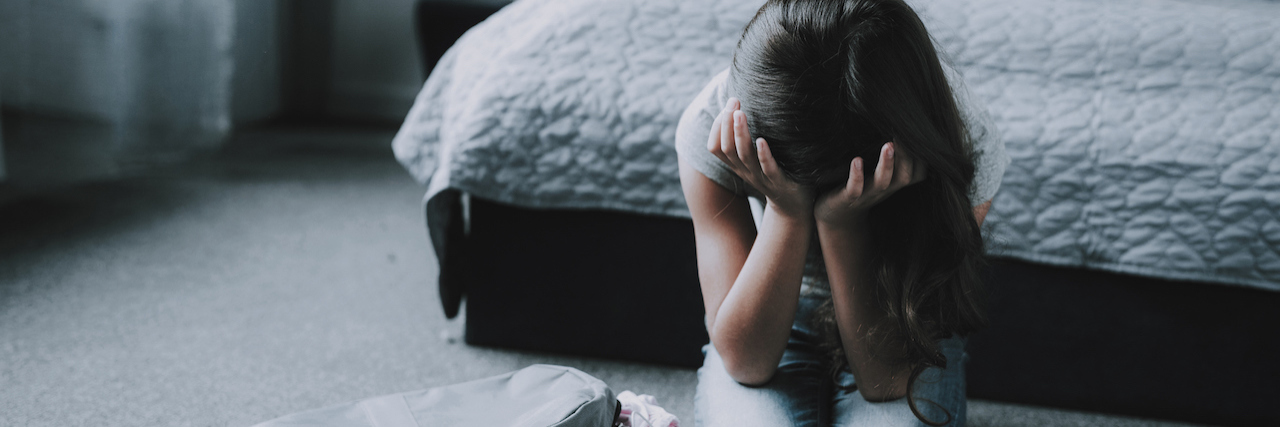The Consequences of Adoption No One Talks About
Adoption is a joyous thing for many, a huge sacrifice in the name of love. But many people only talk and think about the positive aspects of adoption. How birth mothers are sacrificing to give their children a better life, how couples who can’t have children can create a family, how “unwanted” children can become part of a family. In my experience, you never hear a negative thing about adoption.
The truth is, there is a negative side to adoption. Adoption has consequences. That is a fact.
Many children and adult adoptees are perfectly fine with their situation and seem to be OK with their adoption. However, a lot of adoptees face long-term problems related to their adoption, starting in childhood. There has been numerous studies done about the correlation between mental illness, disabilities, substance abuse disorder and adoption.
In the United States, approximately 120,000 children are adopted annually. Adopted individuals constitute about 1.5 million children younger than 18 years. According to a U.S. census report, “Adopted Children and Stepchildren: 2000,” overall, adoptees under 18 had more disabilities than non-adoptees. It found that for adopted children ages 5 to 17, 10.4% lived with a mental disability, while stepchildren and biological children rated at, 5.7% and 4.0%. In other words, adopted children were about two times more likely to have a mental illness than non-adopted children.
One study done in Minnesota, which looked 178 domestically-placed adopted adolescents, 514 international-placed adopted adolescents and 540 non-adopted adolescents, concluded that adoptees had more externalizing problems and worse mental health outcomes. Another study on substance use and adoption found there are higher substance use disorder rates amongst adoptees, due to a combination of genetic and environmental factors.
The problems adoptees face are real. I know, for me and others I’ve met, it has caused many issues. I was adopted at only 3 weeks. As a result of finding out at a young age, being the middle child of adoptive parents who had two biological children, I can tell you, for me, adoption is a trauma.
I was relentlessly bullied by my siblings and classmates for it. I was diagnosed with ADD/ADHD at the age of 7. When I was a teenager and just figuring myself out, identity became a huge problem. I had no idea about my past, my medical history, who I looked like or anything. To make matters worse, being adopted left me with horrible abandonment issues. I believe this contributed to my borderline personality disorder (BPD) diagnosis. One of the main traits of BPD is severe abandonment issues and well, I had those brewing since I was 3 weeks old.
Being adopted hasn’t made my life any easier. I wasn’t adopted into the perfect family. I had the things I needed, I had an education, but on the inside a war was brewing and the parents that were chosen for me were not exactly the best. My father did unspeakable things to me and my mother, although she tried her best, has damaged me with her words. You could say I’m lucky because I’ve met my birth mom on several occasions and we had a good relationship, but the constant accepting and rejecting I got from her, after our good five years, just brought back more abandonment issues and more issues with my adoption. Why didn’t she want me, then and now? What did I do wrong? Why am I not good enough?
Adoption, for some, may be a happy thing, but we cannot overlook the negative effects it can have on the adoptee. One single decision, made before life even starts, altering the course of their existence and how they view it, forever. Adoption trauma and the resulting mental illnesses because of it are real. I’m proof. Not all adoption leads to good outcomes. I think we need to talk more about it.
Getty image via vadimguzhva

